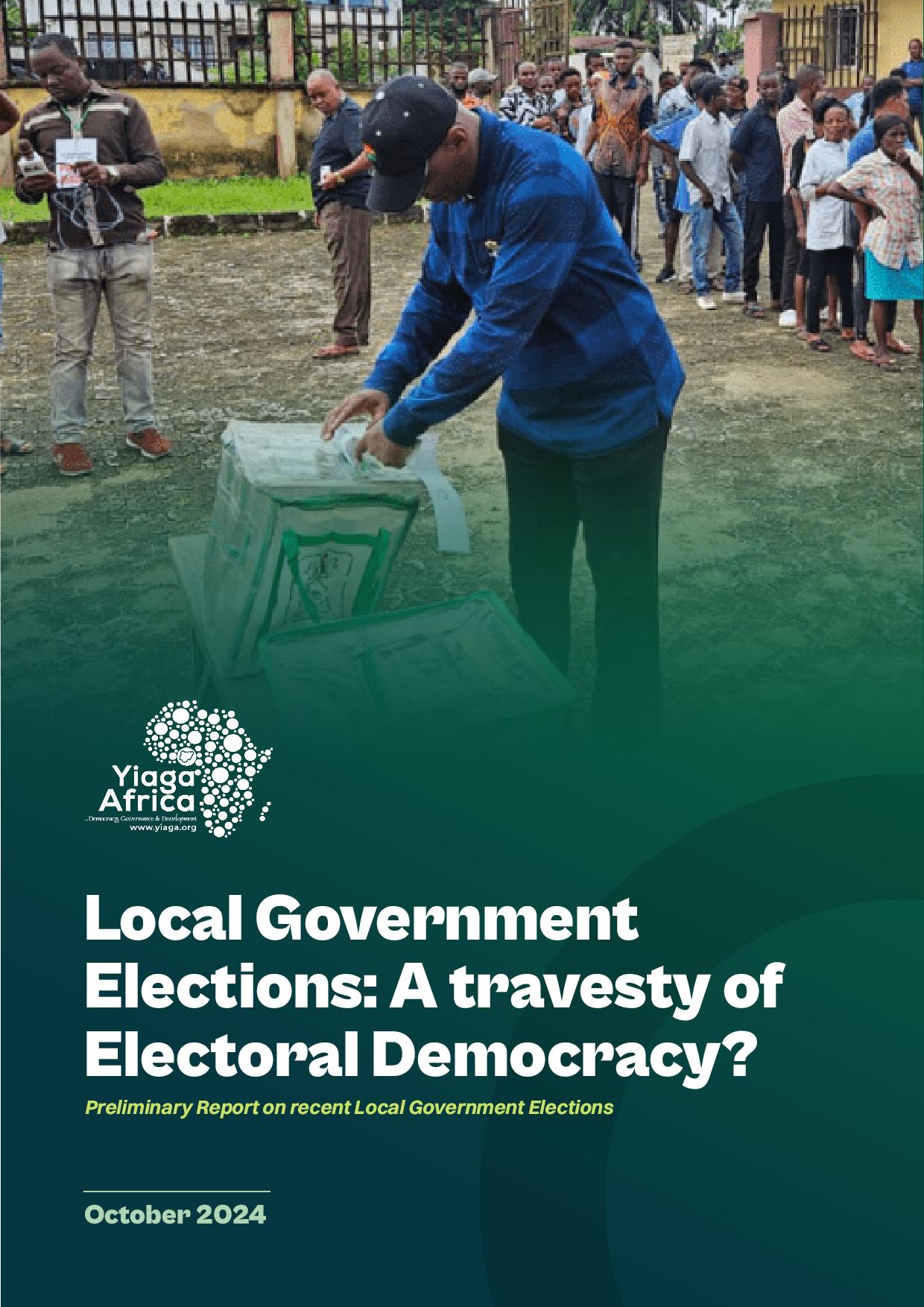Local government elections are essential for enhancing democracy, decentralizing power, and promoting local development. They enable effective governance, representation, and community engagement at the grassroots level. These elections empower communities and foster citizen participation, which is crucial for inclusive governance. By participating in local elections, citizens can help establish robust local governments that meet community needs. Transparent and inclusive electoral processes strengthen democratic institutions and promote sustainable development.
However, local government elections in Nigeria face significant challenges that impede free, fair, and transparent electoral processes. Key obstacles include electoral violence, which manifests as intimidation, harassment, and physical aggression during elections, disrupting peaceful voting and undermining the electoral integrity. Such violence can diminish voter turnout, influence election outcomes, and erode public trust in the electoral system, raising concerns about the legitimacy of results.
This preliminary report is designed to explain the current debacle over local government elections in Nigeria and highlight major issues in the public and policy discourse around the problems. The aim is to provide ingredients for discussions on local government elections in Nigeria

